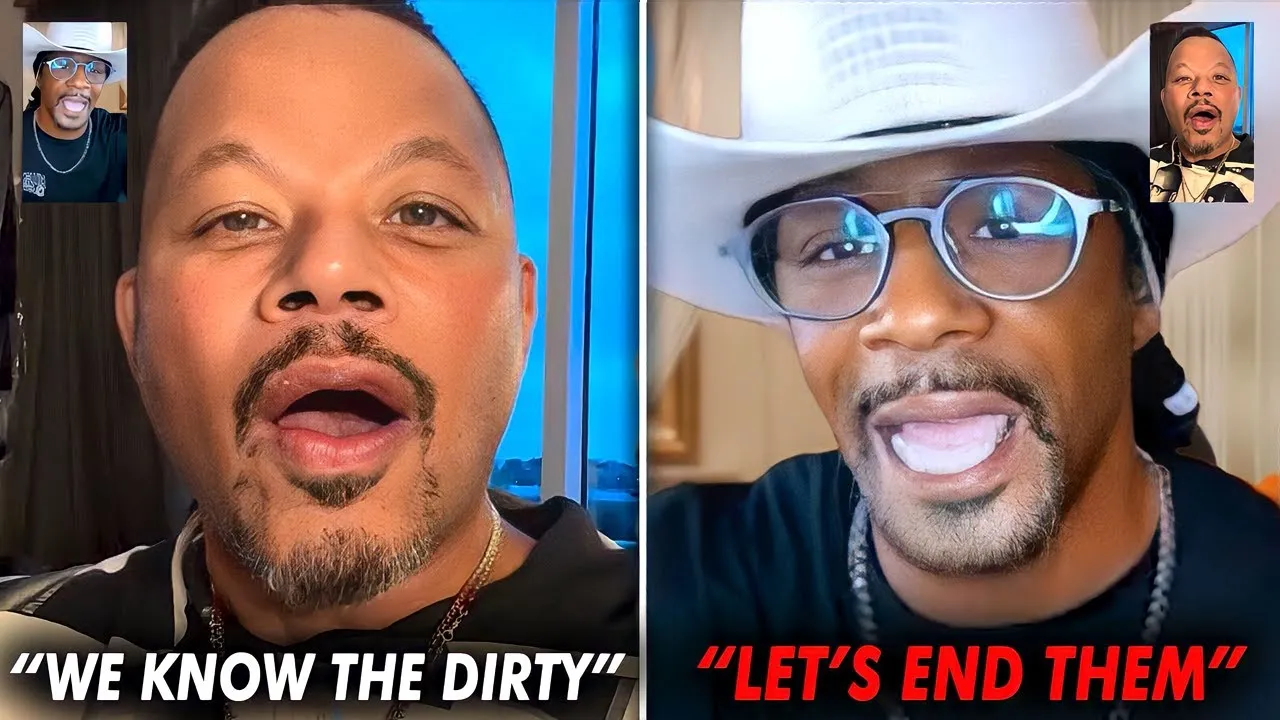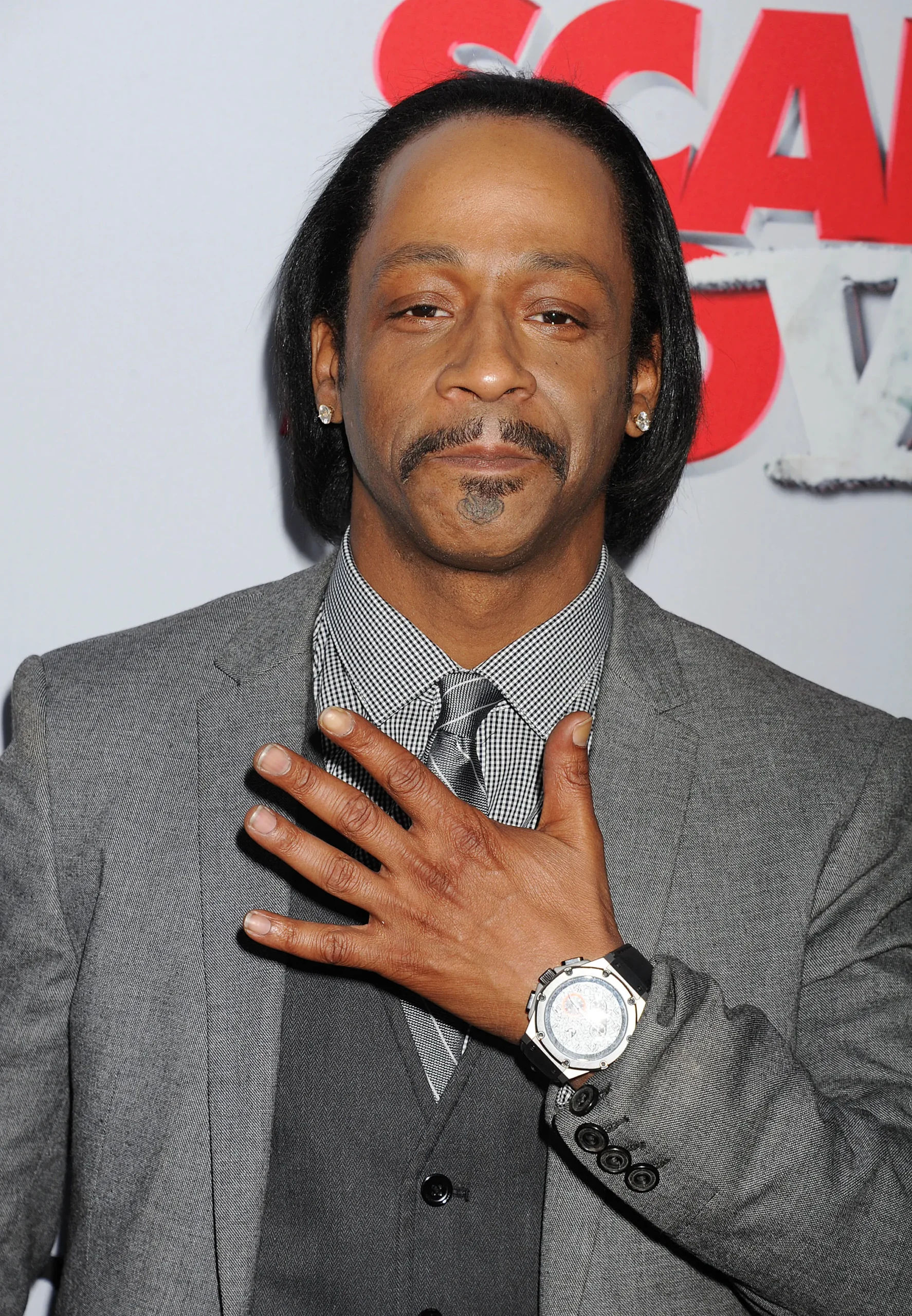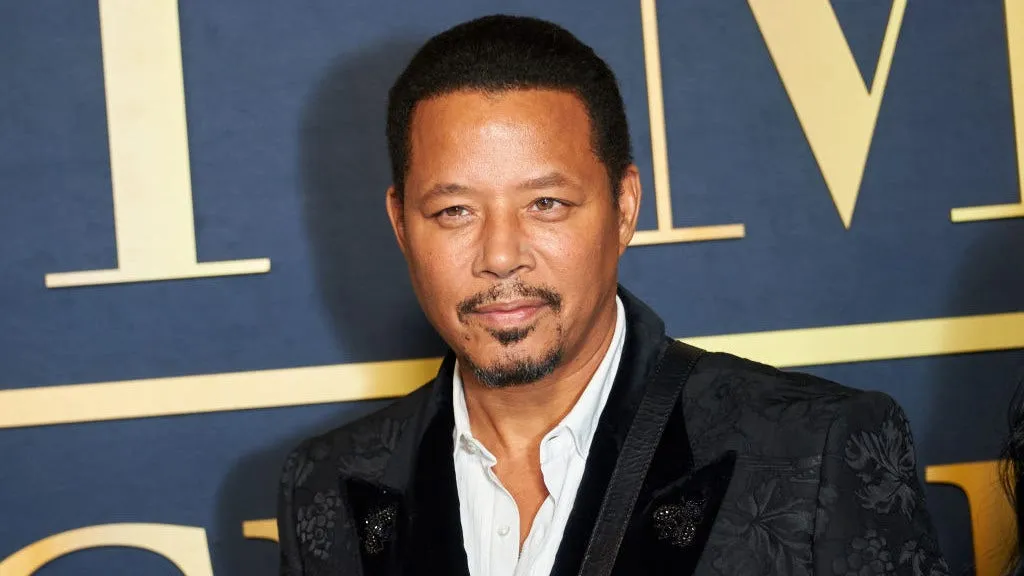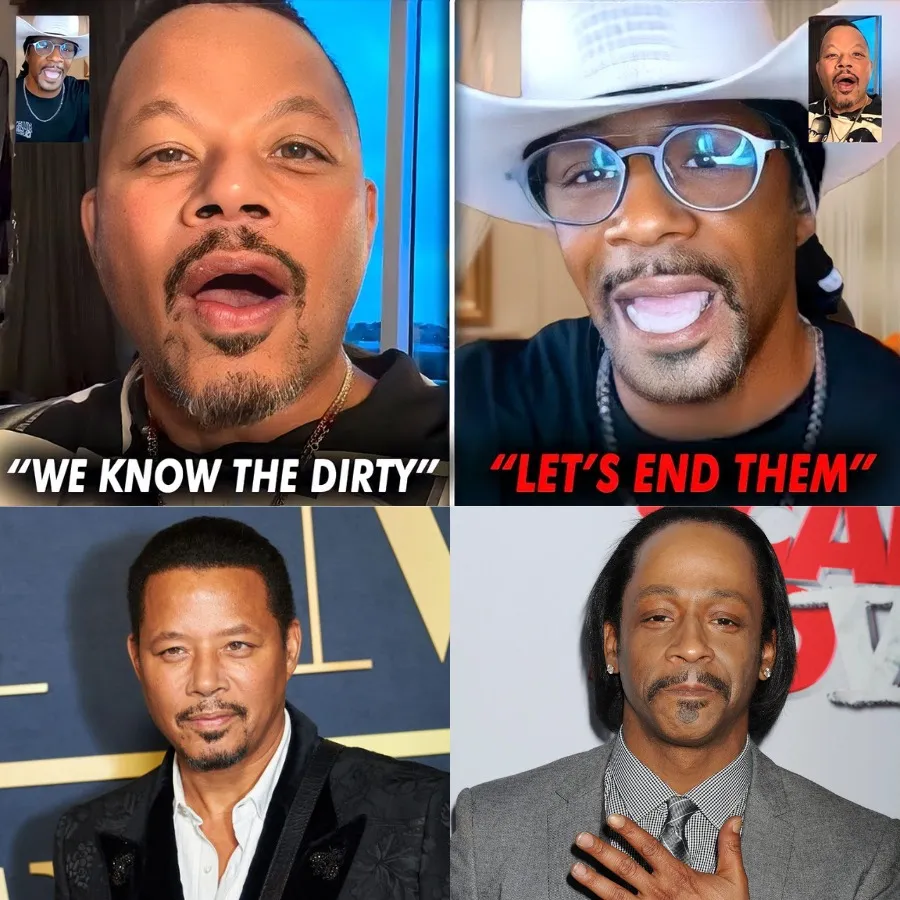In the glittering facade of Hollywood, where dreams are crafted and stars are born, a troubling undercurrent of exploitation and manipulation often remains hidden. Actors, particularly those of color, frequently find themselves grappling with systemic prejudice and the demands of conformity, forcing them to navigate a challenging landscape that tests their integrity.

Terrence Howard’s recent announcement of his retirement from acting has reignited conversations about these pervasive issues. Howard, renowned for his compelling performances in films like *Crash* and *Prisoners*, has been an outspoken critic of Hollywood’s treatment of Black actors. In a recent interview with Revolt, he voiced his frustrations, highlighting the importance of recognizing the complexity of manhood and the need for authenticity in storytelling. His views resonate with other Black comedians and actors, such as Cat Williams and Dave Chappelle, who have similarly criticized the industry’s tendency to emasculate Black men on screen.

Williams famously made headlines for refusing to wear a dress in a film, a choice that cost him significant career opportunities but solidified his commitment to his principles. Howard’s journey, however, has been marred by allegations of temperament issues, which have overshadowed his talent. His departure from the Marvel Cinematic Universe, where he was replaced as James Rhodes/War Machine by Don Cheadle, exemplifies this struggle. While Howard asserts he was unfairly compensated, insiders suggest that his on-set behavior contributed to his exit.

Moreover, Howard’s recent lawsuit against Creative Artists Agency (CAA) highlights the challenges faced by Black actors within the industry. He alleges that CAA prioritized its financial interests over his career, reflecting broader issues of exploitation and inequality that persist in Hollywood. His grievances are echoed by other actors like Mo’Nique, who have also experienced ostracism after refusing to conform to industry expectations, resulting in lost roles and opportunities.

As Howard steps away from Hollywood, his retirement symbolizes more than a personal choice; it serves as a critique of an industry that often prioritizes profit over integrity and conformity over creativity. His decision to speak out sheds light on the systemic problems that plague the entertainment landscape.
Ultimately, Howard’s retirement is a call to action for Hollywood to confront these issues. Acknowledging and addressing the inequities faced by actors of color is essential for the industry’s evolution. Only then can Hollywood become a space where all performers are valued for their talent and contributions, irrespective of their race or background. The road ahead may be uncertain, but the need for change is clear.
Leave a Reply